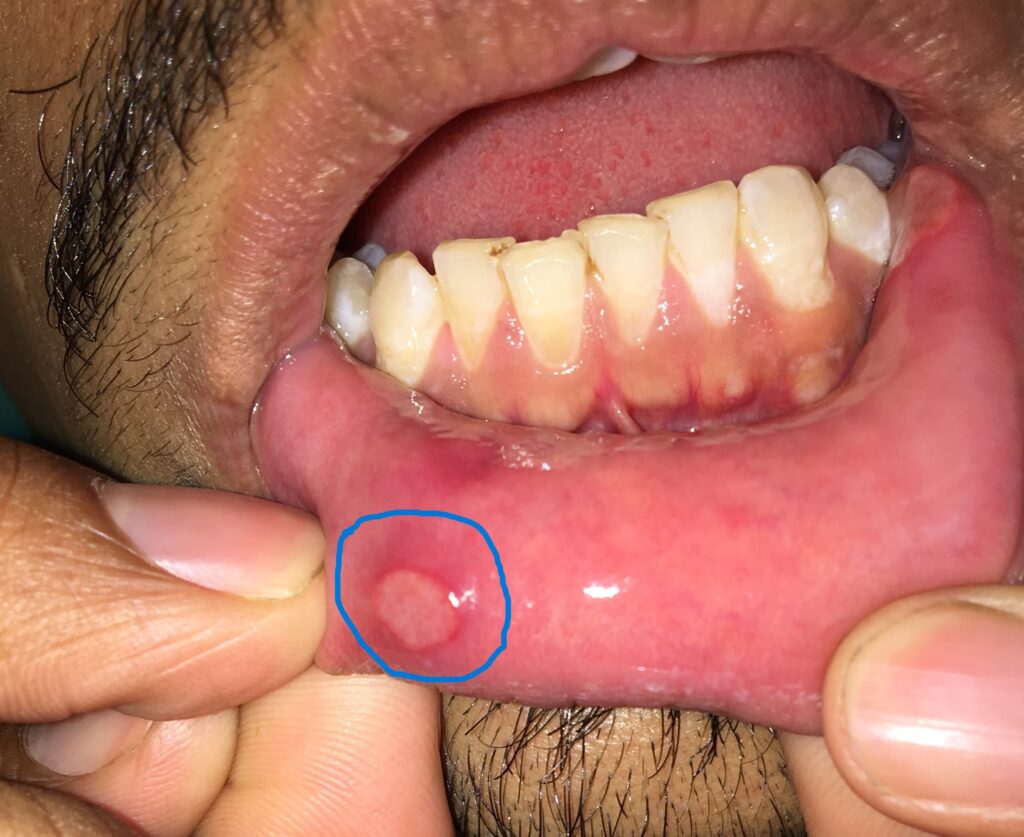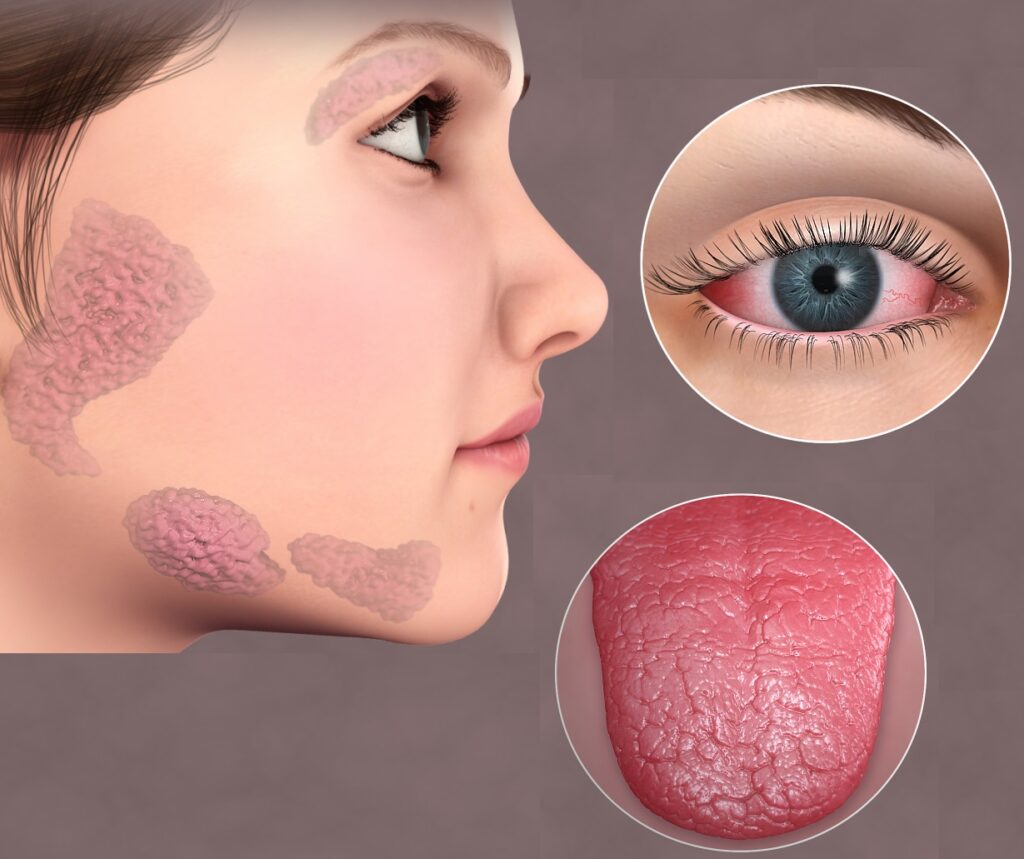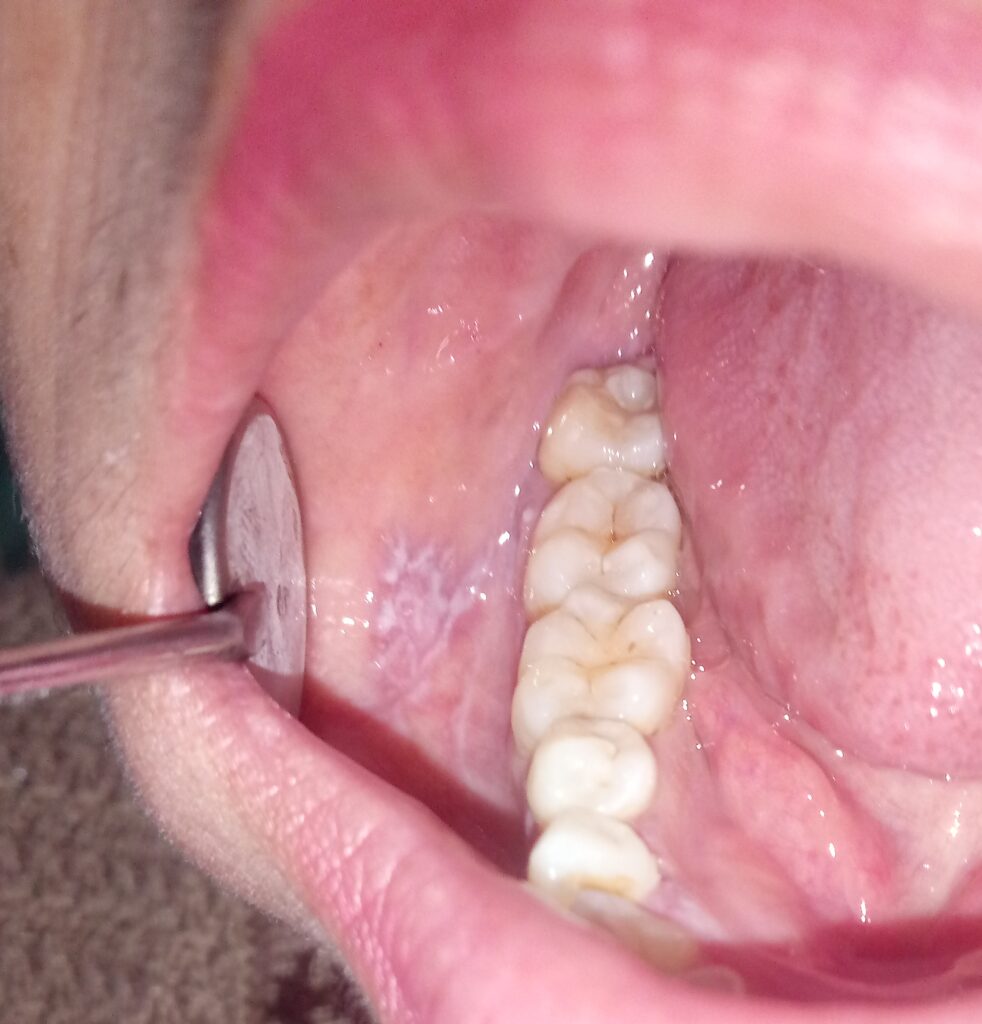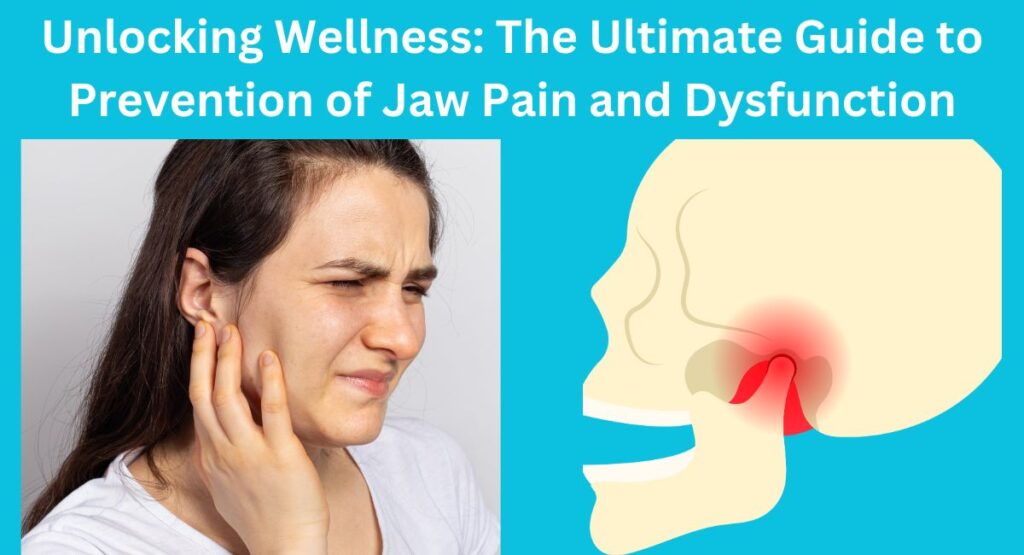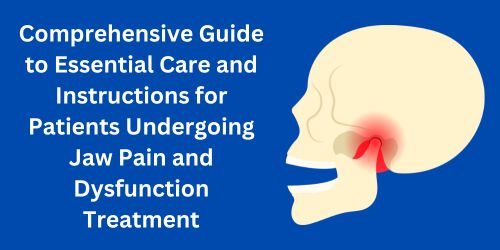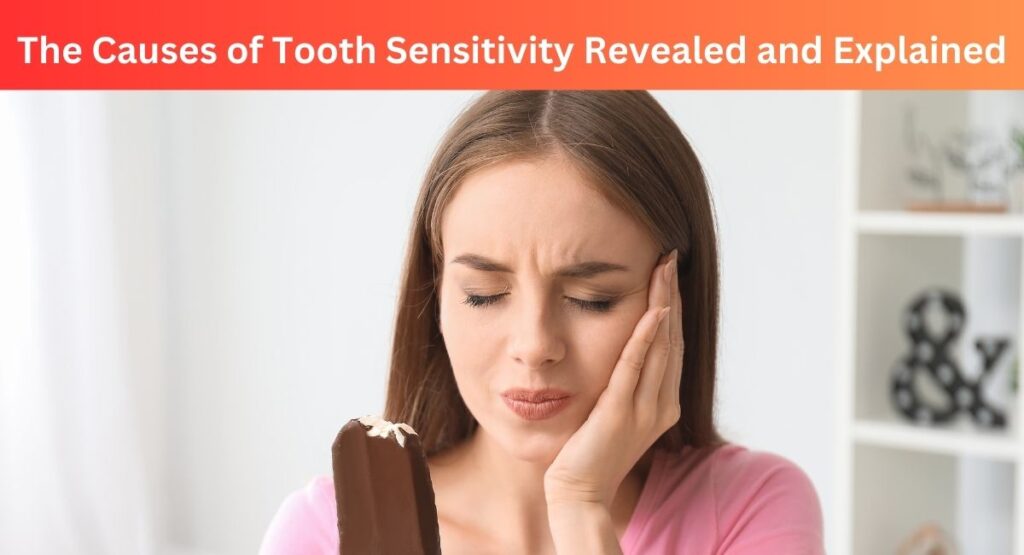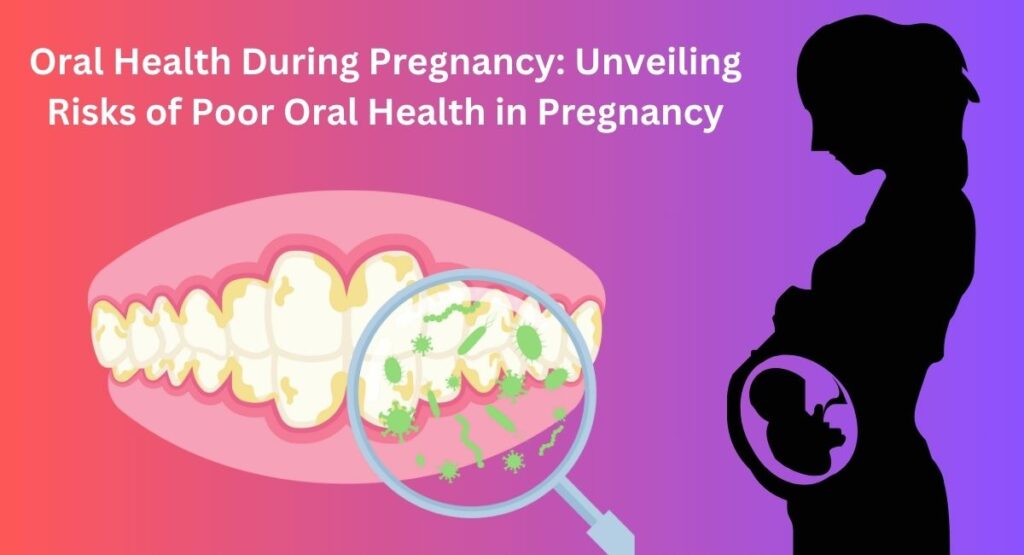
Wisdom tooth and its role in oral health
Wisdom teeth, also known as third or final set of molars, are an essential but often problematic aspect of oral health. These additional set of molars typically emerge during the late teenage years or early adulthood. While they can serve a purpose in our ancestors’ diet of tough and coarse foods, they can cause issues in the modern human mouth due to evolutionary changes. In this comprehensive article, we will delve into the various aspects of wisdom teeth, their function, common problems associated with them, and effective management techniques.
This post may contain affiliate links which means we may receive a small commission (at no additional cost to you) for purchases made through links. We include products we think are useful for our readers. Learn more on our Disclaimer page.
Introduction
The reason last or third molars are known as wisdom teeth is that they emerge much later than other teeth, typically between the ages of 17 to 21, when people are assumed to be wiser than in their childhood. There are four wisdom teeth that erupt at the back of the mouth, located at the top and bottom on both sides. However, the myth that you lose your wisdom after wisdom tooth removal is false; the term “wisdom teeth” is merely a nickname and has no actual connection to wisdom.
In modern humans, wisdom teeth often become partially or completely blocked inside the jaws due to insufficient space for proper eruption. The surrounding area of these blocked teeth is challenging to brush, making it difficult to clean and susceptible to infections. Typically, adults have four wisdom teeth, one in each quadrant of the mouth. While some individuals may have one to four wisdom teeth, others are born without any at all. Our jaws have evolved to be smaller compared to our ancestors, primarily due to the adoption of a softer and more refined modern diet. This change in diet has limited the space available for wisdom teeth to erupt in their normal positions.
In the past, human ancestors possessed larger jaws and teeth due to a raw, coarser diet that required extensive chewing. This comprehensive chewing stimulated jaw growth to accommodate all teeth. However, the modern shift towards softer foods during childhood fails to provide adequate stimulation for jaw development. Consequently, wisdom teeth are now considered vestigial organs, no longer serving a useful purpose. Their absence in many individuals indicates a progression towards their eventual disappearance from our dentition. Like any organ, if not used, it may atrophy and become functionless, while overuse can lead to wear and tear. A balanced use promotes a healthier and longer life.
Wisdom teeth can either become impacted beneath the gums or partially erupt, mainly due to inadequate space, leading to incorrect positioning and collisions with neighboring teeth. While some individuals with good oral hygiene and proper chewing habits may not face issues with their wisdom teeth, neglecting them can lead to problems. Completely submerged wisdom teeth usually remain silent (asymptomatic) as there’s little chance of food entrapment. However, partially erupted or misaligned wisdom teeth can be troublesome, as they create spaces where bacteria and food particles get trapped, making brushing and flossing difficult. This can result in gum infections, leading to pain, swelling, and bad breath. Additionally, chronic food accumulation can cause cavities not only in the wisdom teeth but also in the adjacent normal and functional teeth.
The Problems with Wisdom Teeth
Eruption of wisdom teeth can often lead to various dental problems due to limited space in the mouth. Problems typically arise in partially erupted or mispositioned wisdom teeth, while normally erupted and positioned wisdom teeth rarely experience such issues. Some of the common issues associated with abnormal wisdom teeth include:
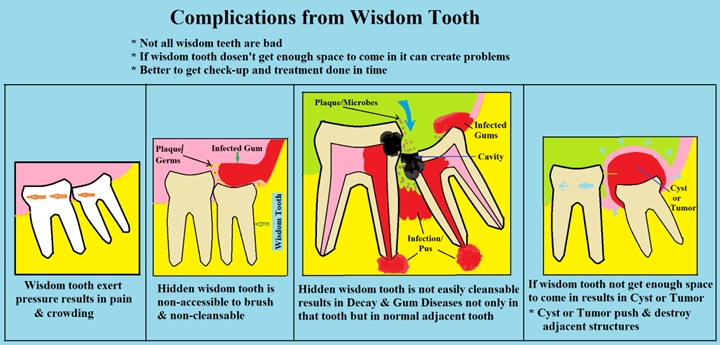
Complications from wisdom teeth
Impacted Wisdom Teeth
Impacted wisdom teeth are those that don’t have enough room to emerge fully or grow in the right direction. They may be partially erupted or remain trapped beneath the gum line, leading to pain and potential infection.
Poor Oral Hygiene
The area around a misaligned wisdom tooth is often difficult to access and clean, leading to decay, gum issues, bad breath and potential infections.

Image A, B and C is of same person: Shows tilted wisdom tooth (white arrow) creating an inaccessible and non-cleansable valley (yellow arrow) results in food lodgment and decay (red arrow) in the tooth next to it (shown in image C).
Infections and Gum Disease
Partially erupted or improperly aligned wisdom teeth can form bacterial pockets, increasing infection risk and gum disease due to their difficult-to-clean nature.
Cheek biting
Wisdom teeth leaning outward can lead to recurrent cheek biting, resulting in cheek ulcers and difficulties in chewing.
Jaw pain and dysfunction
Partially or completely blocked wisdom teeth can exert pressure on the adjacent teeth and structures, leading to discomfort and contributing to jaw pain and dysfunction.
Crowding of Teeth
The arrival of wisdom teeth can exert pressure on existing teeth, causing misalignment or crowding. This can negatively impact your bite and overall dental health.
Cysts and Tumors
In rare cases, fluid-filled cysts or tumors can develop around impacted wisdom teeth, potentially causing damage to the jawbone and adjacent teeth.
Regular dental check-ups and early intervention can help address these issues before they worsen.
Signs and Symptoms of wisdom tooth related problems:
- Recurrent pain and swelling in the affected area.
- Difficulty in opening the mouth fully.
- Inability to chew and swallow food during an active infection.
- Swollen gums covering the crown (head) of the wisdom tooth.
- Formation of cavities in the wisdom tooth and the adjacent tooth.
- Cheek biting or cheek ulcers may occur due to outwardly placed wisdom teeth.
Consequences of Wisdom Tooth Infection
It usually occurs in partially erupted or mispositioned wisdom teeth. Infection in a wisdom tooth should be treated seriously, as there are vital structures in the neck vicinity. If left untreated, the infection can spread to the head and neck, and in severe cases, it may even reach more distant parts of the body. Prompt attention and proper dental care are crucial to prevent complications and ensure overall health.
Prevention and Care for Wisdom Teeth
- Chew your food properly: Proper chewing aids in jaw growth to accommodate all teeth.
- Maintain a balanced diet: A balanced diet supports jaw development and growth.
- Massage jaws and gums in infants and young children: This helps until they have a complete set of teeth for chewing.
- Practice good oral hygiene: Use oral hygiene aids like floss with a holder or oral irrigator to clean hard-to-reach areas.
Dental floss with holder
Dental floss with holder (Biodegradable plastic-free flosser handle)
Dental floss
Water floss
Cordless water floss
- Regular self-checkup and professional dental check-up: Regular check-ups and X-ray examinations are essential.
- Address wrongly positioned or partially visible wisdom teeth: Even if painless, non-functional wisdom teeth should ideally be removed.
- Properly erupted wisdom teeth with normal opposing partners: Such functional teeth may not require extraction but need periodic check-ups.
- Extract both wisdom teeth even if only one is blocked: Over eruption of an opposing tooth after extraction of impacted tooth can cause cheek biting and create gaps that trap food particles, leading to decay in adjacent teeth.
- Monitor wisdom tooth eruption between ages 17 to 21: Regular watch and check-ups are crucial.
Start early and maintain consistent care to ensure healthy wisdom teeth and overall oral health. “Seeking professional advice is the best approach for addressing your specific personal problem.”
Managing Wisdom Teeth
Depending on the specific dental condition and the severity of the problem, there are several approaches to manage wisdom teeth:
-
Regular Dental Check-ups
Regular dental check-ups are crucial for monitoring the growth and positioning of wisdom teeth. Early detection of potential issues can prevent more significant problems.
-
Extraction
Wisdom tooth extraction is necessary in the following situations:
- Impaction: When the wisdom tooth is blocked or unable to fully emerge through the gums, causing pain and potential damage to adjacent teeth.
- Partial Eruption: If the wisdom tooth only partially erupts, creating a space where bacteria and food particles can get trapped, leading to infection and decay.
- Malpositioning: When the wisdom tooth is misaligned and bumps into or exerts pressure on other teeth, causing discomfort and potential damage.
- Overcrowding: If there is insufficient space in the jaw to accommodate the wisdom tooth, it may need to be removed to prevent crowding and alignment issues.
- Cysts or Tumors: Wisdom teeth that lead to the development of cysts or tumors may require extraction.
- Gum Infections: Wisdom teeth can create pockets in the gums, making them difficult to clean and leading to gum infections and inflammation.
- Cavities: Difficult-to-clean wisdom teeth can cause cavities in both themselves and adjacent teeth, possibly requiring extraction for oral health preservation.
- Orthodontic Treatment: In some cases, wisdom teeth may interfere with orthodontic treatment and need to be removed to achieve proper alignment.
- Jaw-joint pain and dysfunction: Jaw-joint pain and dysfunction caused by impacted or mispositioned wisdom teeth may require extraction to alleviate discomfort and restore normal jaw function.
It is important to consult with a dentist or oral surgeon to determine if wisdom tooth extraction is necessary based on the individual’s specific dental situation.
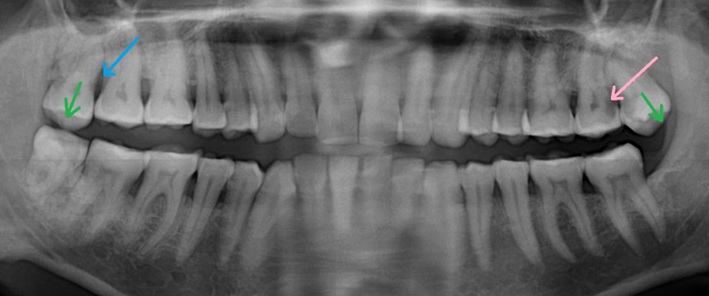
OPG (full mouth X-ray) shows extra eruption of wisdom teeth (green arrow) which occur when opposing partner is either missing or abnormally positioned. This supra-eruption creates gap between that wisdom tooth and tooth next to it which results in decay (pink arrow) and bone loss (blue arrow).
-
Pain Management
For individuals experiencing discomfort due to wisdom teeth eruption, over-the-counter pain relievers and topical gels can offer temporary relief. It is advisable to use antibacterial mouthwash without diluting it with water. If mouthwash is unavailable, a saltwater solution can be used. Gently brushing and flossing the affected area is recommended, but avoid poking it with a brush or toothpick. Self-treatment should be avoided. Refrain from biting on the affected side and avoid consuming hard or tough foods from that side. Third molar-related infections can spread rapidly to vital structures, so prompt treatment is crucial. Initiate the above measures and consult your dentist without delay for proper evaluation and management.
Antiseptic mouthwash (Alcohol containing)
Antiseptic mouthwash (Alcohol-free)
Hydrogen Peroxide mouthwash (Alcohol-free)
-
Antibiotics
In cases of infection or gum disease related to wisdom teeth, antibiotics may be prescribed to manage the condition. It is important not to start antibiotics on your own or without consulting your dentist. If the dentist determines that antibiotics are necessary, they will prescribe them accordingly. This precaution is essential to avoid overuse of antibiotics, which can contribute to antibiotic resistance and potential health risks. Always seek professional advice before considering antibiotic treatment for any dental issue.
-
Orthodontic Treatment
In instances where wisdom teeth are causing misalignment or crowding, orthodontic treatment, such as braces, may be suggested to realign the teeth. Wisdom tooth may need to be removed to prevent crowding and alignment issues.
-
Wisdom Tooth Removal Surgery
For impacted wisdom teeth deeply embedded in the jawbone, a more complex surgical procedure may be required for safe removal.
FAQs about Wisdom Teeth
Q: The Purpose of Wisdom Teeth
A: The evolutionary purpose of wisdom teeth lies in our ancestors’ diet, which consisted of rough and coarse foods that required significant chewing power. The third molars served as replacements in case other teeth were lost due to wear and tear. However, with changes in diet and oral hygiene practices, modern humans often have smaller jaws, leading to issues with wisdom teeth.
Q: Are all wisdom teeth impacted?
A: No, not all wisdom teeth are impacted. Some individuals may have enough space in their jaw to accommodate the eruption of wisdom teeth without causing any issues.
Q: When Do Wisdom Teeth Erupt?
A: Wisdom teeth typically erupt during the late teenage years or early adulthood. The exact timing varies from person to person, but it commonly occurs between ages 17 and 21.
Q: Is the eruption of wisdom teeth painful?
A: The eruption of wisdom teeth can be painful for some individuals, especially if there is limited space in the jaw or if the teeth are impacted. However, not everyone experiences pain during this process.
Q: Can wisdom teeth cause headaches?
A: Yes, impacted wisdom teeth or those causing misalignment can lead to headaches and jaw pain due to the pressure they exert on surrounding structures.
Q: How long does it take to recover from wisdom tooth extraction?
A: The recovery period after wisdom tooth extraction varies from person to person. Generally, it takes about a week to ten days to heal completely.
Q: Can I delay wisdom tooth extraction if I don’t experience any problems?
A: While some individuals may not experience immediate issues, it is essential to monitor wisdom teeth closely. Problems can arise later, so it is best to consult with a dentist for personalized advice.
Q: Is wisdom tooth extraction painful?
A: The extraction procedure is usually performed under local anesthesia, ensuring minimal pain during the process. Post-extraction discomfort can be managed with pain relievers and following instructions.
Q: Is there any way to prevent wisdom tooth impaction?
A: While the growth and eruption of wisdom teeth are natural processes, ensuring proper chewing of food from an early age and maintaining a healthy diet can aid in the normal development of the jaw to accommodate all teeth correctly. Additionally, practicing good oral hygiene from a young age may help prevent impaction or abnormal positioning of wisdom teeth. Regular dental check-ups can aid in early detection and management.
Conclusion
Wisdom teeth often become blocked inside the jaws due to a lack of space for proper eruption, a consequence of our modern soft diet that has led to smaller jaws compared to our ancestors. Studies reveal a concerning trend of babies being born with smaller jaws and without wisdom teeth. Emphasizing the importance of chewing our food and adopting a balanced diet with balanced roughage can be a proactive step towards preventing health issues. Incorporating proper chewing habits, practicing good oral hygiene, and seeking regular professional advice can also contribute to avoiding problems related to wisdom teeth. By starting early and maintaining consistent practices, we can safeguard our oral health and overall well-being, potentially avoiding the need for extensive dental interventions in the future.


